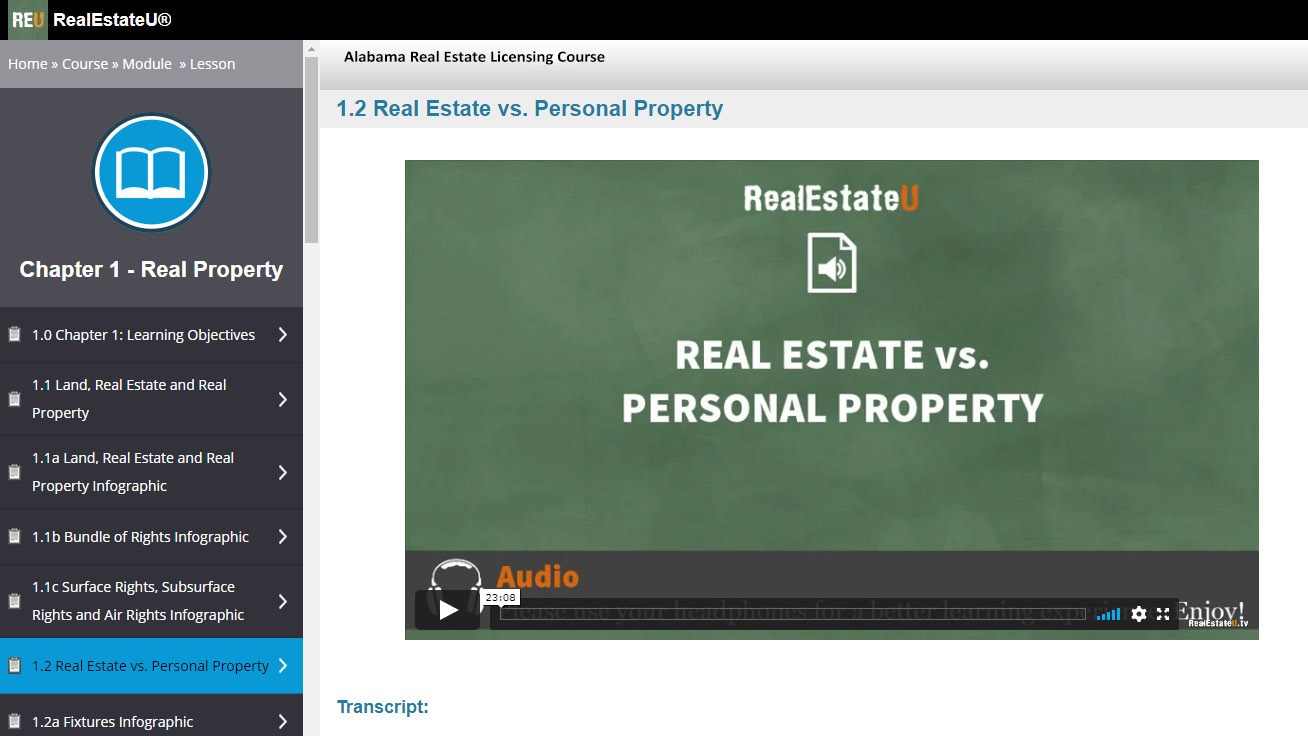
It is important to learn about the company before buying a REIT. Find out about its history and how it compares to the competition. This way, you will be able to determine whether or not it will pay dividends well. You should also know about the risks of buying REITs.
Tip: Purchase REITs
It is important to evaluate the company's earnings and quality before you make a decision about investing in REITs. The company's earnings include funds earned from its properties and any cash available to pay dividends. It is also important to consider the fees associated for the investment. Diversification of REITs is also important. Some REITs invest heavily in a particular type of property. This can increase the risk that you will lose your investment. Diversifying your portfolio and investing in more than one REIT can help reduce risk.
A brokerage account is one of the best ways you can invest in REITs. This takes just a few seconds and allows you sell and buy publicly traded REITs. These investments often pay high dividends. Some REITs allow you to hold your funds in tax-favored accounts, meaning you won’t pay taxes on the distributions.
Dividends are subjected tax
When purchasing REITs, investors should be aware of the taxes on dividends. REITs' dividends may also include capital gains. Capital gains occur when a company sells real property assets. The amount of tax due depends on whether or not the investor is eligible for special tax concessions. If the investor does not qualify for special tax concessions then the dividend will still be subject to the investor's marginal tax rate.

You can save taxes by investing in REITs without close ownership. It is important to avoid REITs with less than a five-year record of paying dividends. REITs can't be owned by more than half of the population. The Tax Cuts and Jobs Act (new tax law) allows pass-through income to be deducted 20%.
Liquidity
For REITs, liquidity is an important consideration. It can help them withstand unexpected changes in the value of the assets. REITs can also increase their value by distributing a portion of their earnings to their investors. During the recent downturn, REITs have taken advantage of lower interest rates to increase their cash balances and improve their liquidity. But REITs should not considered safe investments. Volatility is a natural part of business.
REITs also offer liquidity to investors, since shares can be traded on the stock markets. Investors have access to liquidity that can be used to access cash and change their investment strategies. Additionally, investors might find REITs attractive as real estate has no correlation.
There are risks associated with investing in REITs
While REITs can provide a steady income in the form of dividends, investors should also keep in mind that REITs are not risk-free investments. The reason is that REITs trade just like stocks and may lose value. Although they are relatively safe investments, they must compete with other high-yield investment options, which could cause REIT stock prices to decline.
Another risk is the risk of rising interest rates. Rising interest rates can lead to higher borrowing costs for REITs which could impact their cash flow. These risks can be mitigated due to the solid balance sheets of REITs. These managers try to maintain a healthy amount of leverage. Investors should be aware of this fact.

When to buy
Before you decide to invest your money in REITs, consider your financial situation. In addition, you need to understand the tax consequences of investing in REITs. Since they generate much of their value through dividend income, they may not be the best choice for investors who are looking to maximize their tax benefit.
Uncertainty around the expiration date for master leases is a big problem for REITs. Investors are often driven to sell due to this uncertainty. Their fundamentals have been affected as a consequence. Despite the uncertainty many investors fail to realize the fact short-term issues don't have much impact on the long-term prospects.
FAQ
What is the cost of replacing windows?
Replacement windows can cost anywhere from $1,500 to $3,000. The cost to replace all your windows depends on their size, style and brand.
What should you think about when investing in real property?
The first thing to do is ensure you have enough money to invest in real estate. If you don’t have the money to invest in real estate, you can borrow money from a bank. Aside from making sure that you aren't in debt, it is also important to know that defaulting on a loan will result in you not being able to repay the amount you borrowed.
You also need to make sure that you know how much you can spend on an investment property each month. This amount must include all expenses associated with owning the property such as mortgage payments, insurance, maintenance, and taxes.
Finally, ensure the safety of your area before you buy an investment property. It would be a good idea to live somewhere else while looking for properties.
What is a Reverse Mortgage?
Reverse mortgages allow you to borrow money without having to place any equity in your property. It works by allowing you to draw down funds from your home equity while still living there. There are two types available: FHA (government-insured) and conventional. A conventional reverse mortgage requires that you repay the entire amount borrowed, plus an origination fee. FHA insurance will cover the repayment.
How long does it take to sell my home?
It depends on many different factors, including the condition of your home, the number of similar homes currently listed for sale, the overall demand for homes in your area, the local housing market conditions, etc. It may take 7 days to 90 or more depending on these factors.
Can I buy a house without having a down payment?
Yes! Yes! There are many programs that make it possible for people with low incomes to buy a house. These programs include government-backed loans (FHA), VA loans, USDA loans, and conventional mortgages. You can find more information on our website.
How much money should I save before buying a house?
It all depends on how many years you plan to remain there. Start saving now if your goal is to remain there for at least five more years. But, if your goal is to move within the next two-years, you don’t have to be too concerned.
Statistics
- Some experts hypothesize that rates will hit five percent by the second half of 2018, but there has been no official confirmation one way or the other. (fortunebuilders.com)
- This seems to be a more popular trend as the U.S. Census Bureau reports the homeownership rate was around 65% last year. (fortunebuilders.com)
- Based on your credit scores and other financial details, your lender offers you a 3.5% interest rate on loan. (investopedia.com)
- 10 years ago, homeownership was nearly 70%. (fortunebuilders.com)
- It's possible to get approved for an FHA loan with a credit score as low as 580 and a down payment of 3.5% or a credit score as low as 500 and a 10% down payment.5 Specialty mortgage loans are loans that don't fit into the conventional or FHA loan categories. (investopedia.com)
External Links
How To
How to Rent a House
People who are looking to move to new areas will find it difficult to find houses to rent. But finding the right house can take some time. Many factors affect your decision-making process when choosing a home. These include location, size, number of rooms, amenities, price range, etc.
We recommend you begin looking for properties as soon as possible to ensure you get the best deal. Consider asking family, friends, landlords, agents and property managers for their recommendations. This will give you a lot of options.